









DRIVING SUCCESS THROUGH SMART PARTNERSHIPS
DP World's strategic partnerships go past traditional sponsorship, embodying a commitment to precision, innovation, and continuous improvement. Leveraging our smart logistics capabilities, we transform complexity into simplicity, shaping a narrative of limitless possibility.
GOLF AND DP WORLD
Our unprecedented and long-standing support of golf is working to grow the game globally.

CRICKET AND DP WORLD
Seamlessly connecting smart logistics with the passion and precision of cricket.

"DP World is a forward-thinking, innovative company that continues to invest in golf's development, and anyone that knows me knows how close growing the game is to my heart.”

































